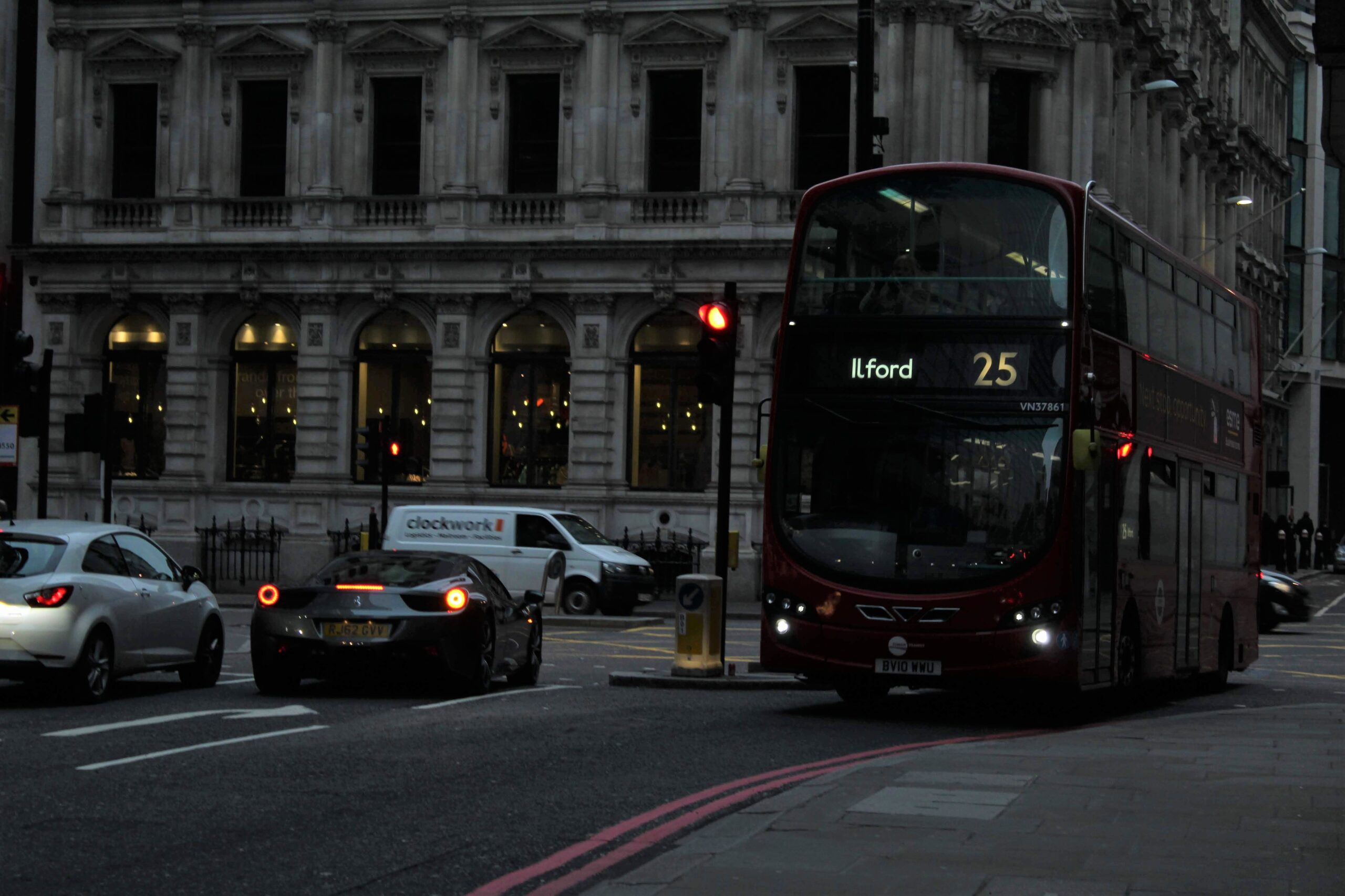Five easy tips to save money
Thought I’d try and give some tips to save money. Maybe they are useful to you or you can adapt the tips for yourself. None of this constitutes financial advice by the way, do your own research!
1. Track your spending
By far the best way is probably simply tracking your spending. If you use Revolut, Monzo or Starling, the apps will categorize your expense for you so you can see a breakdown of how much money you are spending. Categories will include food, holidays, shopping etc. If you use a high street bank then that option may not be available to you. In this case you can use an old fashioned excel spreadsheet. Which is the method I use. You can find templates online, I took a template and adapted it to suit my needs.
Once you’ve started to track your spending you will be able to see how much money you’ve spent for each category. And some results may surprise you, for example maybe you are spending an awful lot on takeaways, or you spend a lot on taxis, or you spend a lot on clothes. Whatever high spending categories you identify you can then take steps to limit your spending.
2. Cook more, order less
We all love a good takeaway now and then. However if you order frequently you may see your expenses grow exponentially larger. A way to combat this is to cook more. There are many reasons why this may be cheaper. Buying all the ingredients to a meal can be a lot cheaper than ordering a meal from your favourite restaurant. You can also buy in bulk for foods like rice and pasta, which can last for a whole week and maybe longer. Of course you have to spend time to cook, but at least you can save a substantial amount.
The same is true for eating out as well, although I think it would be cruel to suggest never to eat out or never to get a takeaway. You can place limits instead, maybe you eat out only once or twice a week. And the rest of the days you cook instead. And don’t forget if you cook enough food you can have the leftovers for lunch the day after.

3. Car versus Public transport
Sometimes we might decide to buy a car when it would be cheaper to just use public transport. This is true if you just need to catch a bus or a short train to work, and if you live within walking distance of essential shops. Alternatively if you are spending a lot of money for train tickets commuting to and from work then it might be cheaper to spend a few thousand on a car. You could then make up the deficit of spending a large amount within a year or two of commuting. Of course this may be less relevant now if you work from home more often!
4. Buy quality not quantity
The last point I raised about spending some money on a car, if necessary, can be used as an example here. Lets say there is a car which has had a few owners and has clocked up a lot of miles, and there is a similar car with only one owner and less miles. It might be worth spending a little bit more money on the second car because that will probably last you for much longer. And so over a lifetime you’ll end up buying less cars and saving in the long term.
The same may hold for clothes too. Maybe you constantly buy t shirts that keep ripping after a few months, I make this mistake! It might work out cheaper to spend a little more on better quality t shirts if it will last longer. Same applies for other clothes or items that you constantly buy.

5. Reduce your subscriptions
I can imagine a few of you reading this probably have no idea how many subscriptions you have or how much you are paying for them! I would recommend listing your subscriptions and then trying to cancel some of them that you don’t use as often.
Also related to this point is insurance and bills. After a year the price you pay generally goes up, however if you switch provider you may be entitled to a discount as a new customer and you could save money this way. If you apply this to all your subscriptions and bills you can save a lot.
You can read more about my previous year here: Why 2020 was a fantastic year for me!
